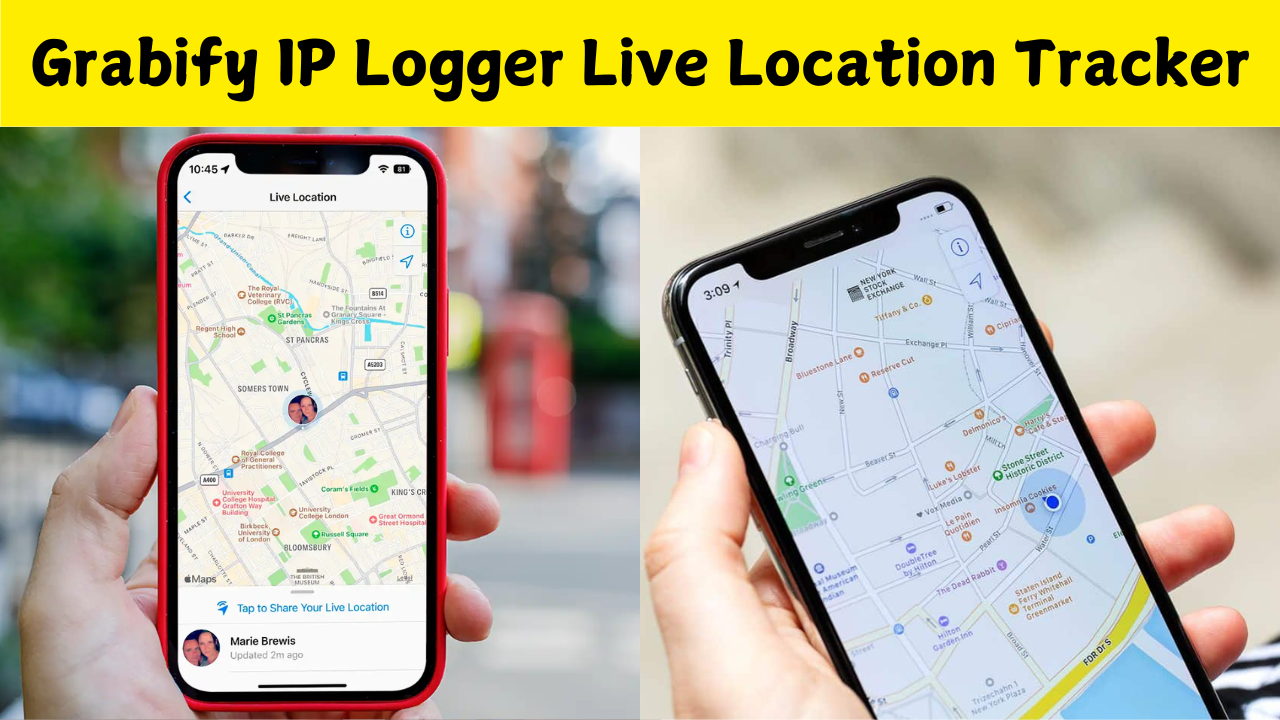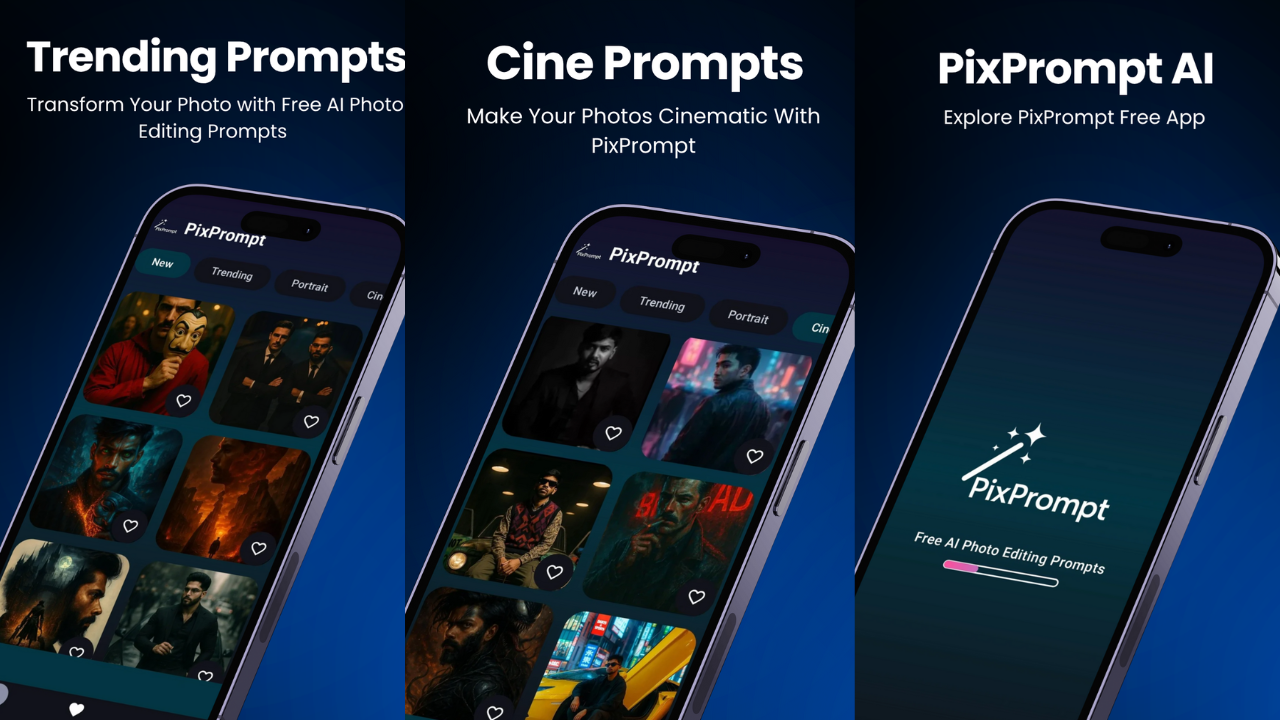Introduction to Grabify IP Logger
In the digital world, every click, tap, and online interaction leaves behind a trail. While many people use social media, messaging apps, and websites daily, very few realize how much information is shared behind the scenes. Grabify IP Logger is one of the most popular tools that takes advantage of this digital footprint. It allows users to track IP addresses and even approximate live locations of people who click on a generated link. Whether you are curious about how it works, its legality, or its risks, this detailed guide will cover everything you need to know about Grabify IP Logger and live location tracking.
What is Grabify IP Logger
Grabify IP Logger is an online service that lets you create special tracking links. When someone clicks on one of these links, Grabify captures the visitor’s IP address and other information, such as device type, browser, operating system, and in some cases, approximate location. The concept is simple but powerful. Instead of sending a normal link to someone, you shorten it using Grabify. The recipient sees a harmless-looking link, but once they open it, their data is logged and displayed to the person who created the link.
Grabify and Live Location Tracking
Many users think Grabify gives exact GPS coordinates, but that is not true. Grabify can only estimate the approximate location of an IP address. This location may be accurate to the city or neighborhood level, but not the exact street or house. True live GPS tracking requires permissions through apps like Google Maps or built-in mobile trackers, which cannot be accessed just by clicking a link. However, combining IP tracking with social engineering, Grabify users can still get very close to identifying someone’s location.
Is Grabify Legal
The legality of Grabify depends on how it is used. Creating and sharing Grabify links is not illegal by itself. However, using it to spy on people, stalk someone, or invade privacy without consent can be considered unlawful. For example, if a company uses IP logging for website analytics, it is perfectly legal. But if an individual uses it to secretly track someone’s location without permission, it becomes questionable.
How to Protect Yourself from Grabify Tracking
Since Grabify works through link clicks, the best way to protect yourself is to be careful with links you receive. Never click on suspicious or shortened links from strangers. A Virtual Private Network (VPN) hides your real IP address and location. Even if you click on a Grabify link, the data collected will be false. Use link preview services or long-press the link (on mobile) to see the real URL before opening it. Knowing how tools like Grabify work is itself a strong form of protection. Grabify is not the only IP logger available. Other services like IPLogger.org, Blasze IP Logger, and Yip.io work in a similar way. Some of these offer more advanced features such as email notifications when someone clicks your link.
Ethical Uses of Grabify
While misuse is common, there are also ethical ways to use Grabify. Security researchers sometimes use it to study online threats. Businesses may use similar tracking methods to analyze traffic sources. The key is consent—when people know they are being tracked, it becomes ethical and legal. Grabify has also become a teaching tool. Many cybersecurity experts demonstrate how it works to raise awareness about online safety. By showing how easily someone can be tracked, they encourage people to be more cautious online.
Future of Grabify and IP Logging
As internet privacy laws become stricter, tools like Grabify may face more regulations. However, IP logging itself is unlikely to disappear because it is a fundamental part of how the internet works. Future versions may include stricter guidelines, consent requirements, or limited access to sensitive details. Grabify IP Logger is a fascinating yet controversial tool. It shows how much information can be collected from something as simple as clicking a link. While it can be used for fun, curiosity, or even catching scammers, it also carries serious privacy and ethical concerns. If you choose to use Grabify, it is important to understand both the power and responsibility that come with it. At the same time, protecting yourself with VPNs and safe browsing habits ensures that you stay secure against unwanted tracking. In the end, Grabify serves as a reminder that nothing on the internet is ever truly private, and awareness is the first step to digital safety.






